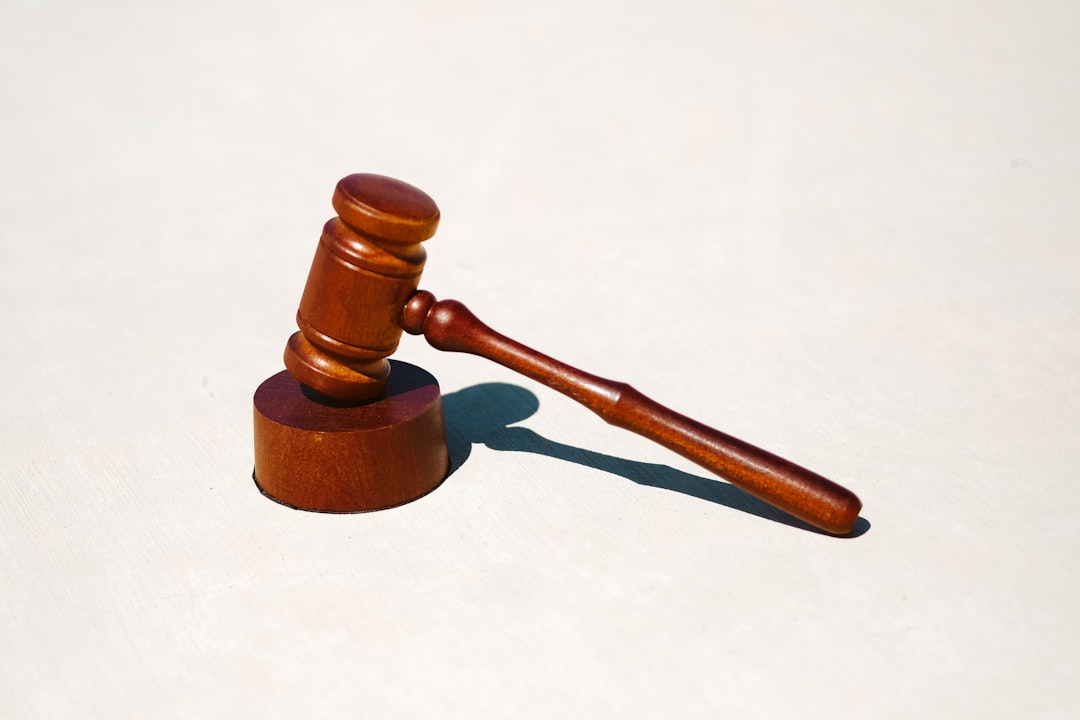In Austin, Texas, child abuse law firms play a vital role in understanding and enforcing stringent state regulations protecting children from physical, emotional, and sexual abuse. These firms interpret laws, ensure justice for victims, guide authorities during investigations, and advocate for the best interests of children throughout legal processes, collaborating with local support networks for comprehensive protection. Local law enforcement follows a rigorous step-by-step process, adhering to standards set by these specialized legal professionals.
In Austin, Texas, navigating child abuse cases requires a multifaceted approach. This article delves into the intricate process, from understanding local child abuse laws in Austin, TX, to highlighting the critical role of specialized child abuse law firms. We explore how the Austin Police Department investigates these sensitive cases step-by-step, ensuring prompt and effective response. Discover the collaborative efforts between legal professionals and law enforcement that characterize the handling of child abuse, with a focus on the key role played by child abuse law firms in Austin TX.
Understanding Child Abuse Laws in Austin TX

In Austin, Texas, understanding the child abuse laws is paramount for both residents and law enforcement. The state has stringent regulations in place to protect children from any form of maltreatment, including physical, emotional, and sexual abuse. Child abuse law firms in Austin TX play a crucial role in interpreting these laws, ensuring justice for victims, and providing guidance to authorities.
The Texas Family Code outlines specific definitions and requirements for child abuse cases. It categorises various types of abuse, such as neglect, intentional injury, or failure to provide essential needs. Law enforcement officers in Austin are trained to recognise signs of abuse and respond accordingly. By collaborating with these legal experts, they can navigate the complex legal landscape, gather evidence effectively, and protect the rights of both victims and accused individuals during investigations.
The Role of Child Abuse Law Firms

In the complex landscape of child abuse cases, child abuse law firms Austin TX play a pivotal role in advocating for the rights and well-being of young victims. These specialized legal professionals are equipped to navigate the intricate web of Texas state laws and regulations pertaining to child protection. Their expertise lies in ensuring that every step taken during the legal process aligns with the best interests of the child, from initial reporting and investigations to court proceedings.
The firms offer a range of services tailored to support victims and their families. This includes representing children in custody battles, securing protective orders, and pursuing justice against perpetrators. They also provide guidance on long-term strategies to help children heal and thrive post-abuse, often collaborating with local support networks and community resources to create a comprehensive safety net for vulnerable individuals.
Step-by-Step: How Police Investigate Cases

When investigating child abuse cases, the Austin Police Department follows a meticulous step-by-step process to ensure justice and protection for the affected children. Initially, officers receive a report, which could come from various sources like concerned citizens, medical professionals, or schools. They conduct an immediate assessment at the scene to gather initial evidence and determine the nature of the alleged abuse.
The next stage involves interviewing key individuals, including the child, their family members, caregivers, and witnesses. These interviews are carefully structured to minimize trauma to the victim while gathering crucial information. After collecting statements, police may obtain search warrants to collect physical evidence from homes or other locations relevant to the case. This process is handled with sensitivity, especially when children are involved, ensuring that all procedures adhere to child abuse law firms Austin TX standards and regulations.






